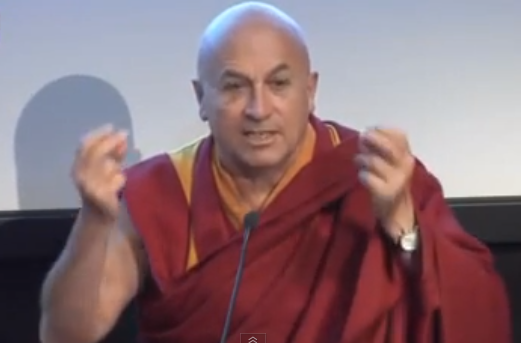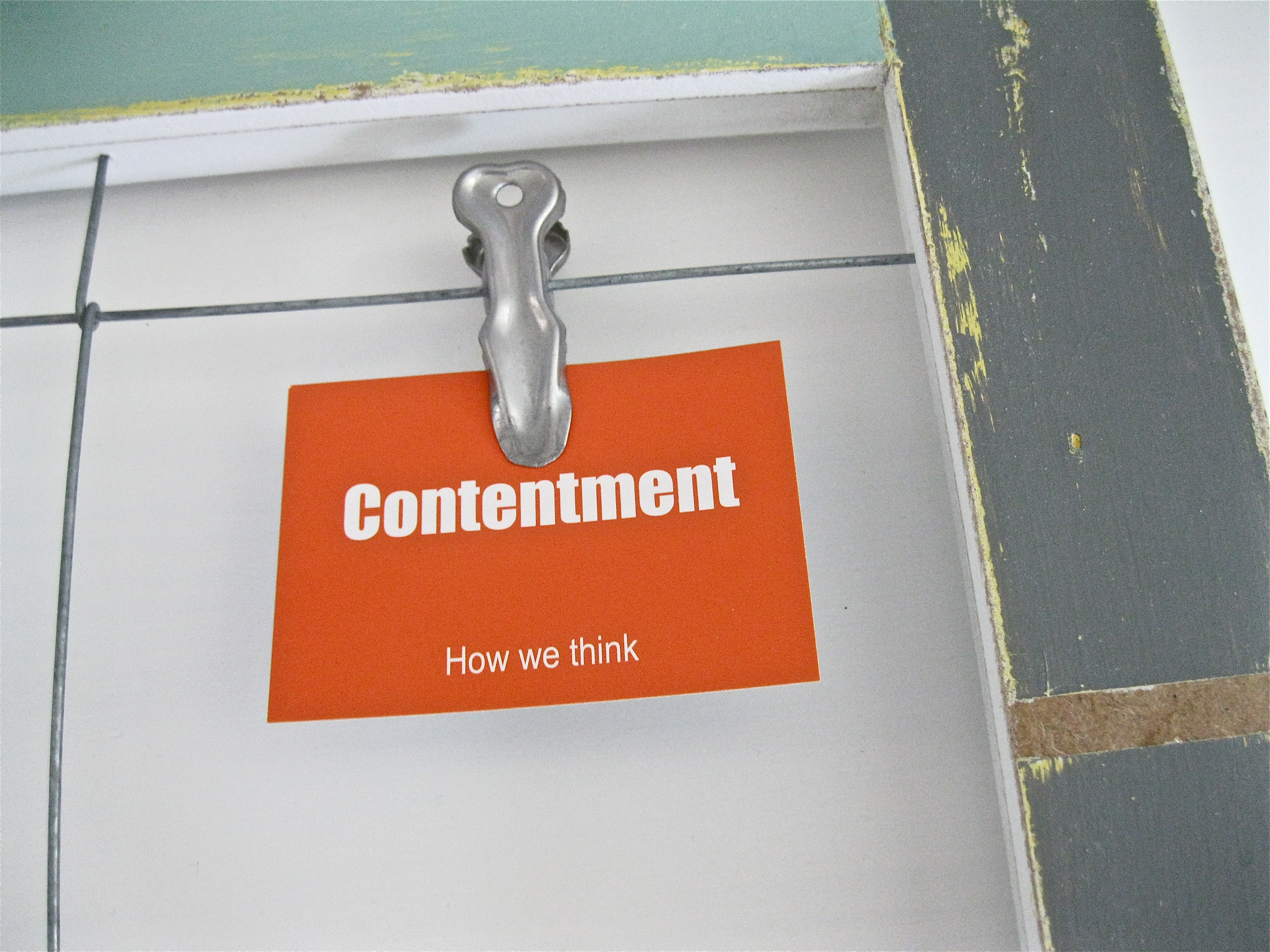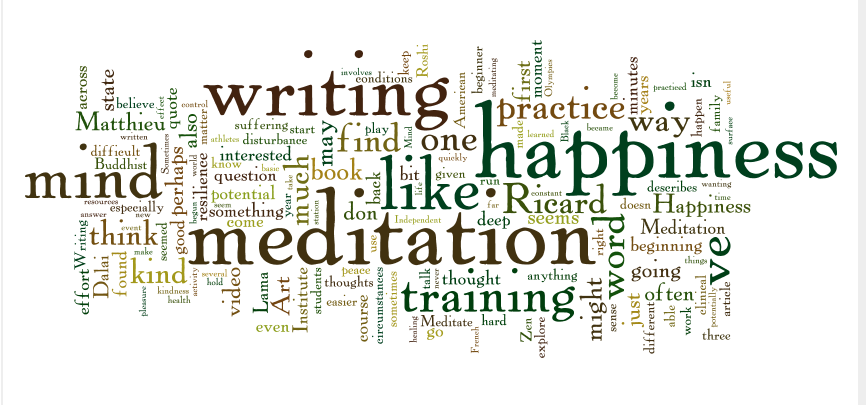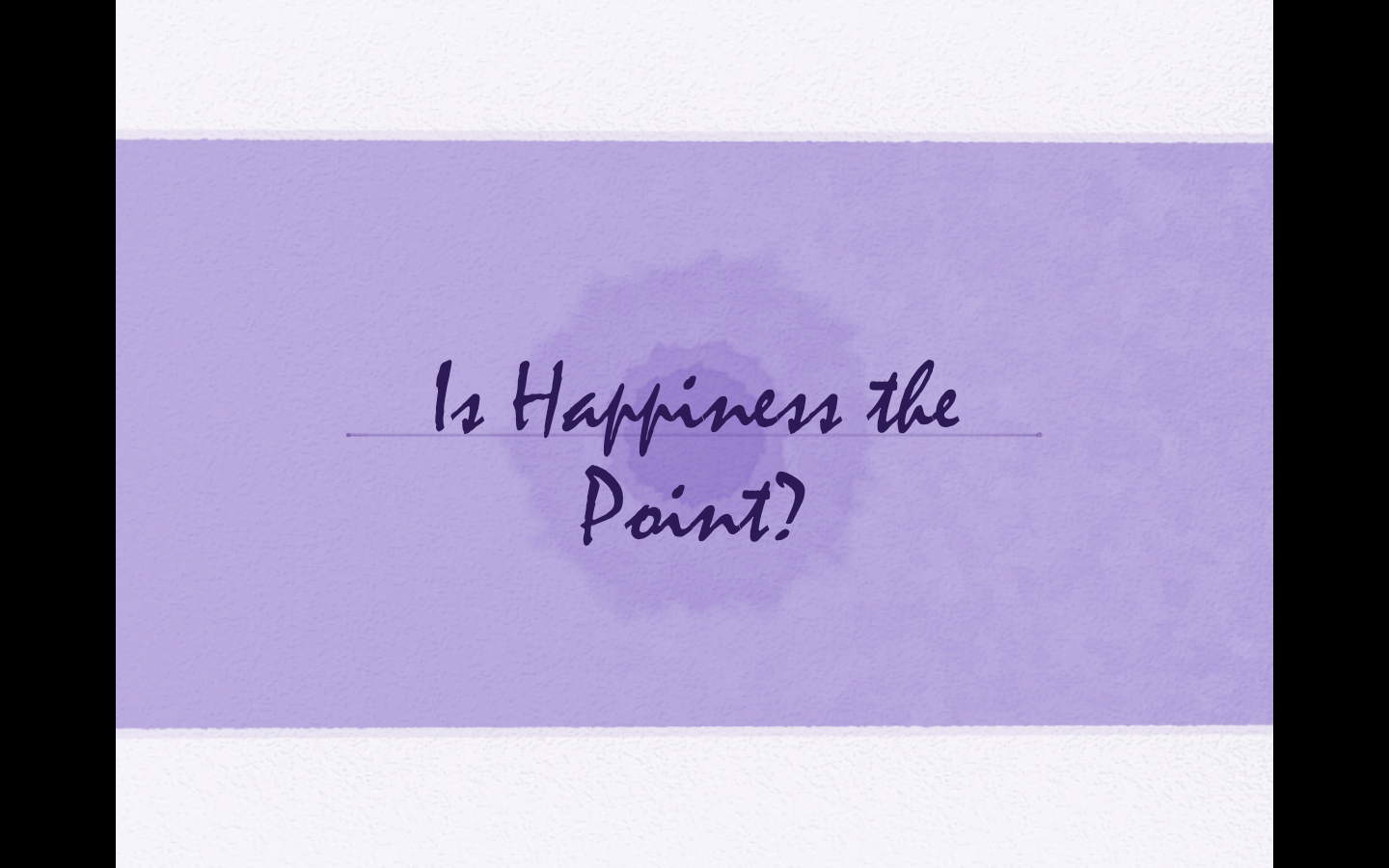The Art of Meditation, Part 2: Motivation
In order to write more about Matthieu Ricard’s video, The Art of Meditation, I decided to start watching it over from the beginning—and I realized I’d neglected an important piece of context in the preliminaries: the why of it—his deep goal and motivation. He introduces the clip by saying he’s just come from the [Diverse] Economic Forum. “Unless,” he says, “we bring a more altruistic society—this is no more a luxury—this is an absolute necessity. So how to do that? The point is to find the connection between the individual transformation and cultural change. That is really the challenge.” It occurs to me that we can end up turning to healing—to writing and healing—to writing and meditation—because we’ve discovered that the body is ill—or that the mind is ill—or perhaps because we suspect that the body and mind simply has more potential to be well. But we can also turn to healing because we recognize that someone we love is ill—that our family is ill—that the culture is ill—the globe. Most of the people I saw in my mind-body practice began with a recognition that the body was ill—but often the work began to ripple outward—the mind—the family—the workplace—the larger culture and world. Pema Chodron began to work on her mind—and eventually became a Buddhist nun—because she became aware of her own anger. She talks about this in her book, When Things Fall Apart, and also in several of her teachings. Her husband of many years had just told her, rather abruptly, that he was leaving her, and she felt, she says, annihilated. She began to imagine violence—she began to imagine hurting him and hurting his girlfriend and she could not make this kind of fantasy go away. It was out of this need that she came to an article by Chogyam Trungpa, a teacher of Tibetan Buddhism, and she began to glimpse a way of transforming the energy of anger. Her work has most certainly rippled outward. Ricard, the son of a French philosopher, who has spent many years in India and Nepal, and who now runs Keruna-Shechen, a humanitarian organization in the Himalayas, comes at the work from a global perspective: that we are in need of a cultural transformation. We can enter the work through different doorways. Continuing, from the video, Ricard says: Somehow it has to start with the individual changing. The building blocks of society are made of individuals. And then it has to expand in some way to individual contagion, to change of ideas, to cultural shift, evolution of cultures, so that it’s not just someone in his little bubble trying to become more altruistic and that’s it. In a way, that’s the heart of meditation as I understand it. Here, it’s as if the definition of meditation is growing larger and larger—with this potential to expand ever outward in ripples—and in particular if we can find a way to break this bubble of the self of which he speaks. __________________________________________________ See also: The video, The Art of Meditation The World Economic Forum, which describes itself as “an independent international organization committed to improving the state of the world by engaging business, political, academic and other leaders of society to shape global, regional and industry agendas.” Keruna Shechen, the organization Ricard founded, which...
read more




